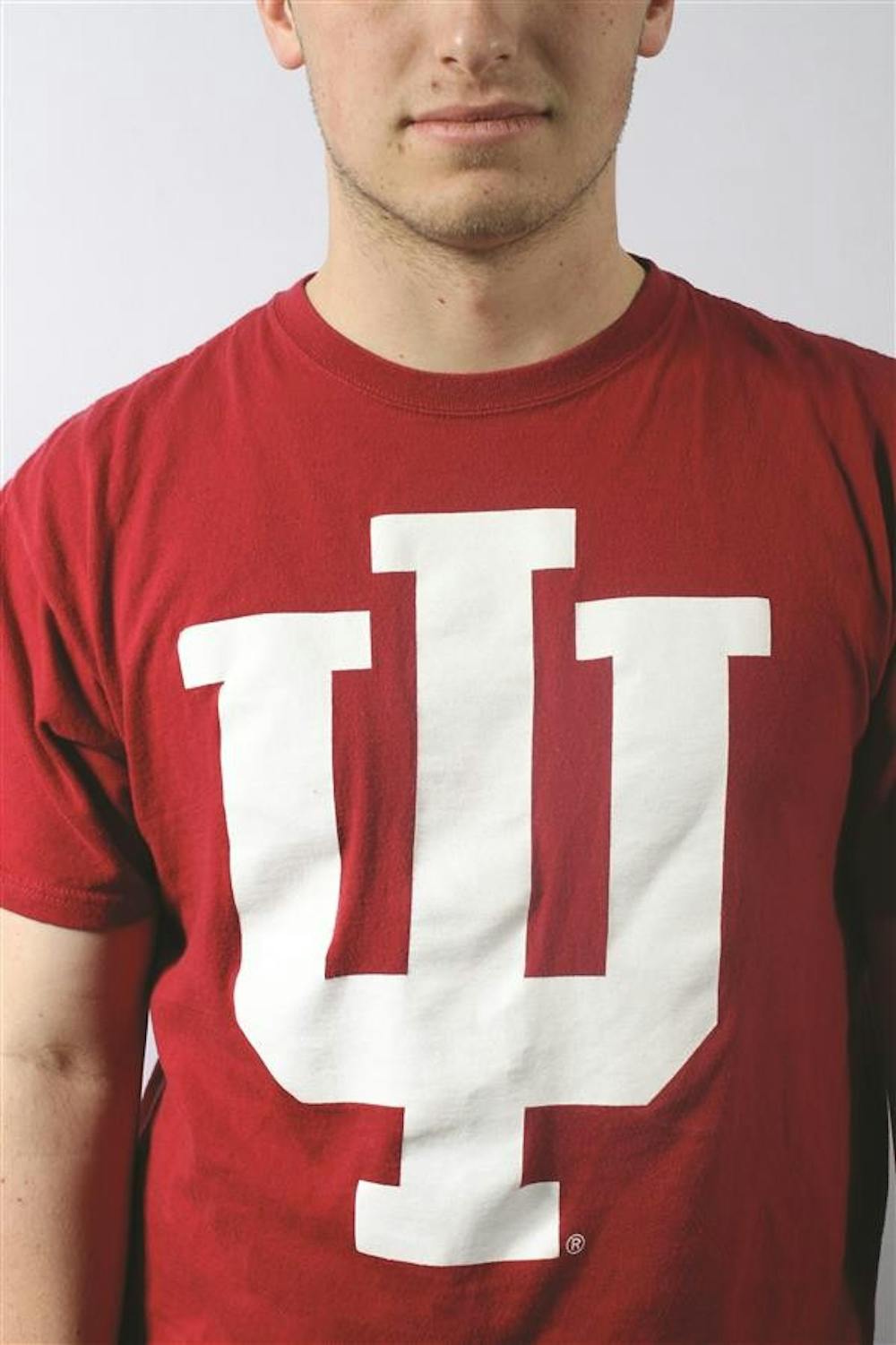When we’re peeling off our spirit wear after watching an intense home game, we seldom pause to consider what other kinds of sweat have gone into those clothes. But IU’s Anti-Sweatshop Committee did.
Established in 1999 to make sure all IU-licensed apparel was made by individuals with basic workers’ rights, the committee closed shop in 2010. Lynn Duggan, associate professor in the labor studies department, was a part of the committee for 11 years, and she shares how the organization’s impact has continued on.
Tell me about IU’s committee.
This is part of a national student movement that’s been going on since the ‘90s against exploitation of workers. We established a code of conduct for our suppliers to abide by. The code makes sure that workers have basic rights, like the right to organize.
Why was it established?
We wanted to increase labor rights for workers around the world that produce goods with IU logos on them. We know students don’t want to wear things that students don’t want to wear things that have been made from sweatshops.
We make sure that students don’t exploit these workers. It’s not right for us to use things made by workers with no rights.
What kinds of things did the committee seek to accomplish?
We ended contracts with companies that had subcontracted to smaller companies that were denying workers their fair rights. Sometimes, we threatened to do so and that was enough initiative for them to clean up their act. A lot of it was just publicity, telling students this was going on and that they needed to stop it.
I remember Russell Athletic closed its factory that violated workers’ contracts due to pressure from universities all over the country.
Why did you choose to become involved?
I care about workers’ health and safety and working conditions. I think it’s possible to improve labor conditions for everyone in the world. We met with the students and helped them in their efforts to educate the administrators and gave advice.
So why did the committee stop being so active?
The most active students who were really passionate about the issue graduated in 2010. The chapter came to an end in 2010, and a few people tried to revive it from 2010 to 2011, but it didn’t last long. We just didn’t have enough members. We’d be happy to continue to meet if student interest revived.
Why do you think the interest decreased?
When something’s new, it’s more fashionable. Other new things were happening around campus. Students didn’t realize this is a current issue that’s ongoing, and that they need to care about it because it’s important.
Sometimes, students think other people are on it, and they don’t have to worry about it. Activist students are few and far in between. We need students to be active and cause positive social change. But the “No Sweat” movement doesn’t seem as pressing to students now as the tuition increases.
How do you feel about that?
I’m disappointed. I think that if we work together in something like this, there’s great potential for improving workers’ rights and wages. But we need students to get on board in order for this kind of activism to continue.
Valerie Gill, Director of Licensing and Trademarks at IU, says that even though there is no longer a student organization like the Anti-Sweatshop committee, IU still monitors where its apparel come from.
“We are still a member of the Worker Rights Consortium,” Gill says. “The WRC routinely provides us with information on our licensees.”
The WRC, an international, independent organization, monitors labor rights and routinely releases investigative reports on different manufacturers and major global brands. IU joined the WRC in 2000 and is one of more than 180 college and university affiliates of the WRC.






